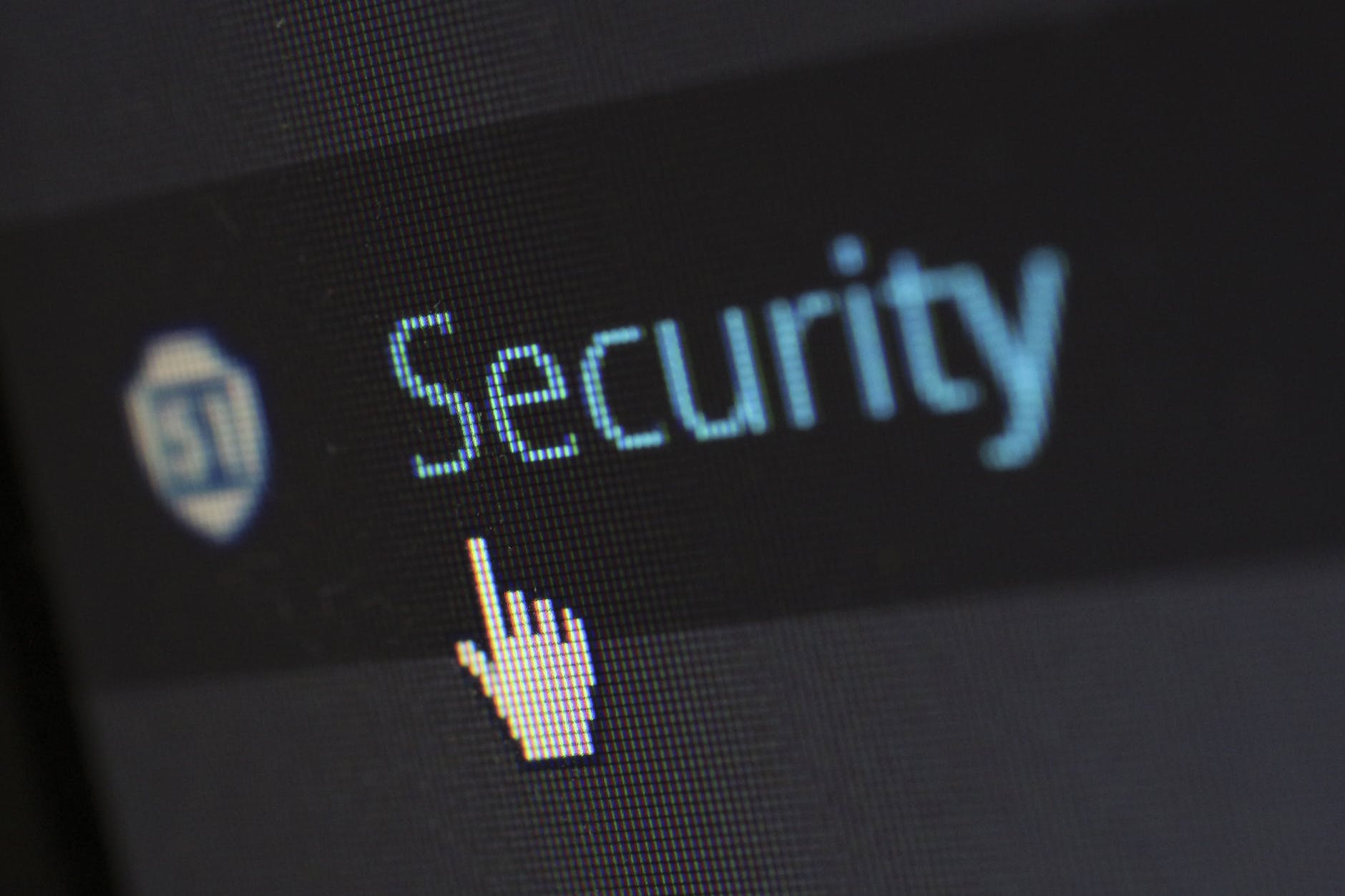
A few years back, Adobe was hacked and it was found that “123456 was the most famous password among their users”. The cyberattack resulted in a loss of critical information from millions of customers. Further findings suggested that characters such as ‘123456789’, ‘qwerty’, ‘abc123’, and ‘iloveyou’ were the most commonly used passwords, which eventually hints how lazy can people get when choosing a password.
Securing Passwords
We have off and on been advised to choose a secure password, but most of us are too lazy to bother about it unless one of our accounts gets hacked. We tend to keep our passwords only slightly complex to avoid forgetting and login-in delays.
Since humans are prone to error and tend to forget things, they like to keep their passwords short and simple, which are easier to remember. Here is where the problem begins, resulting in security breaches because simple passwords are now much easier to hack than ever before. This is why experts recommend extremely strong passwords that are very difficult to hack and can continue to protect vital user information.
If you use online banking, banks recommend thinking of very innovative passwords. The financial institution also suggests you change your password from time to time. You should never use a password for multiple accounts because that makes it easier for hackers to steal.
The School of Computer Science has a distinctive proposal to help you choose stronger passwords. It suggests you come up with a sentence that is easier for you to remember. For instance, ‘I have two kids: Jack and Jill.’ Now you should pick the first letter (or maybe the last, for greater innovation) of each word and combined with punctuation marks, create your unique password. The above sentence will result in a password that will look like: ‘Ihtk:JaJ’. For more distinctive passwords, you can even replace letters with numbers such as ‘Ih2k:JaJ’ for ‘I have two kids: Jack and Jill.’
You can also use a good password manager to generate and secure your passwords in one place. Available for different web browsers, they offer plenty of useful features such as store files, automatically fills forms, generate random passwords, diagnose your digital security, and so on.
Why are Passwords Cracked Easily
Hackers usually crack passwords using brute force. Though it is a very fruitful method of cracking passwords, brute force is the last resort because of the time this method takes to successfully crack a password.
Brute forcing works in a manner similar to that of a thief trying to open a safe by using several combinations of characters. Likewise, brute-forcing is an application that applies all possible arrangements of letters, words, and characters to an account until it cracks the password. In such a manner, brute-forcing will begin with an ‘a’ as a possible password and run through all possible number/letter combinations until it ends at ‘zzzzzzz’.
However, most people tend to keep their passwords plain, so using such an application is the last option. Other hackers get a list of passwords that people use to secure their accounts – they hack small-scale social websites to get them – and then try hacking accounts using such information. When thieves stole crucial data from Adobe’s website, they observed that most of the passwords were least secure. Many of these passwords were simple numbers, names, and cities, which suggested that people chose those passwords that were intimately linked to them.
In light of such rising threats, it is important that you choose highly innovative passwords. A combination of words, letters, and punctuations that are in no way linked to you can become a strong password for your account. Additionally, always remember to keep your banking password unique and do not use it elsewhere.

